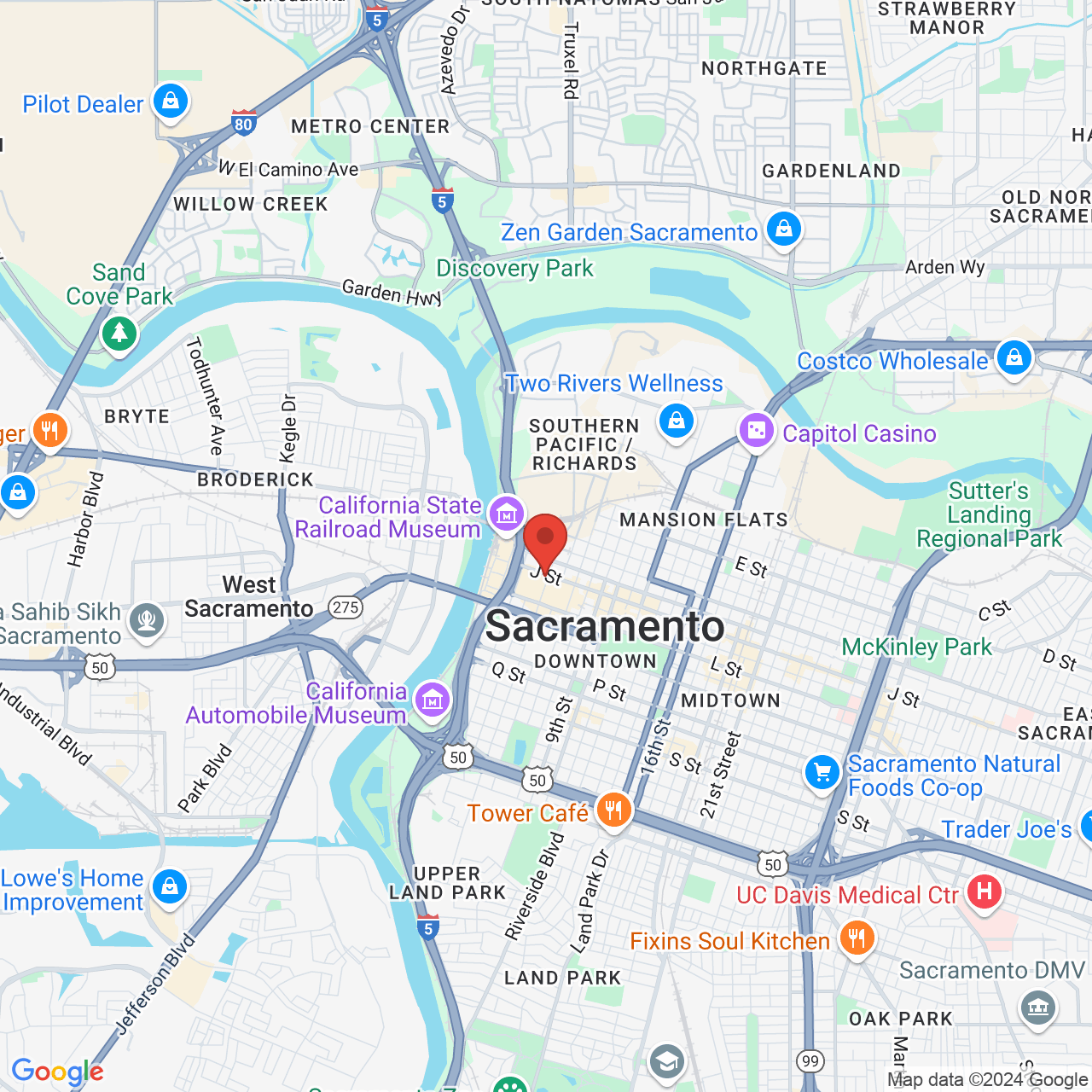Workplace Discrimination and Genetic Information
 At Thyberg Law, our workplace discrimination lawyers represent workers who have been treated unfairly by their employers based on race, age, gender, disability, and other reasons that are prohibited by federal and California state laws. This includes the representation of employees and job applicants who have been discriminated against because of genetic information. Title II of the Genetic Information Nondiscrimination Act of 2008, which took effect on November 21, 2009, prohibits genetic information discrimination in employment. Employers, as well as employment agencies, labor organizations, and joint labor-management training and apprenticeship programs, are prohibited by law from requesting, requiring, or purchasing genetic information. They are also strictly limited in terms of their ability to disclose genetic information.
At Thyberg Law, our workplace discrimination lawyers represent workers who have been treated unfairly by their employers based on race, age, gender, disability, and other reasons that are prohibited by federal and California state laws. This includes the representation of employees and job applicants who have been discriminated against because of genetic information. Title II of the Genetic Information Nondiscrimination Act of 2008, which took effect on November 21, 2009, prohibits genetic information discrimination in employment. Employers, as well as employment agencies, labor organizations, and joint labor-management training and apprenticeship programs, are prohibited by law from requesting, requiring, or purchasing genetic information. They are also strictly limited in terms of their ability to disclose genetic information.
When it comes to handling lawsuits involving workplace discrimination and genetic information, the Sacramento and Roseville, CA attorneys of Thyberg Law have the skills, resources, and experience to handle virtually any case successfully, no matter how complex. We are intimately familiar with both federal and state laws regarding workplace discrimination and genetic information. If you have been the victim of discrimination in the workplace involving genetic information, we urge you to put our legal expertise to work for you.
What Is Genetic Discrimination?
In its simplest definition, genetic discrimination refers to the unfair treatment of employees or prospective employees by employers based on their genetic makeup. Specifically, the employee or prospective employee would have a genetic mutation that either would cause or would increase the risk of a disorder. Based on the knowledge of this genetic mutation, the employer makes a decision that affects the employee or prospective employee adversely. This decision may take the form of:
- The refusal to hire
- The denial of an earned promotion
- Dismissal of an employee
- Decisions regarding other terms of employment
The Genetic Information Nondiscrimination Act actually comprises two parts. The first part prohibits discrimination in health insurance. It provides protection exclusively for health insurance; this protection does not extend to life insurance, disability insurance, or other employer-extended insurance benefits.
It is equally important to note that the Genetic Information Nondiscrimination Act does not extend to employers with fewer than 15 employees or to the United States military.
Ultimately, the purpose of the Genetic Information Nondiscrimination Act is to allow people to take full advantage of advances in personalized medicine that continue to unfold over time without having to worry about discrimination in the workplace. As genetic science evolves, the hope is that it will lead to improved health and a better understanding of how the human body functions. Such information should be used only for good and not to promote the unfair treatment of workers.
Arrange for an Evaluation of Your Workplace Discrimination Case
If you have been treated unfairly by your employer or a prospective employer due to a violation of the Genetic Information Nondiscrimination Act, our attorneys can help. Please contact the workplace discrimination lawyers of Thyberg Law today to arrange for an evaluation of your case.


